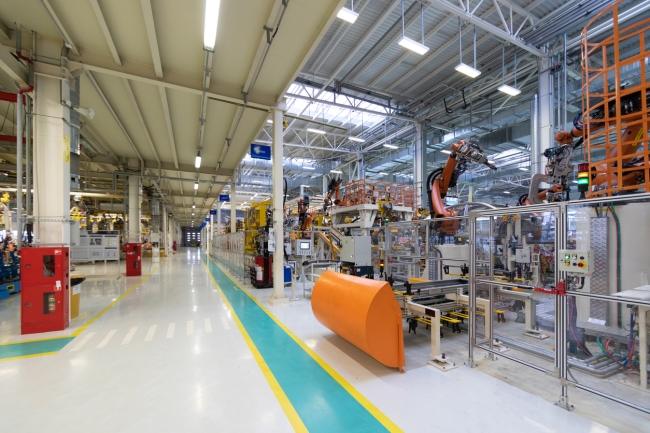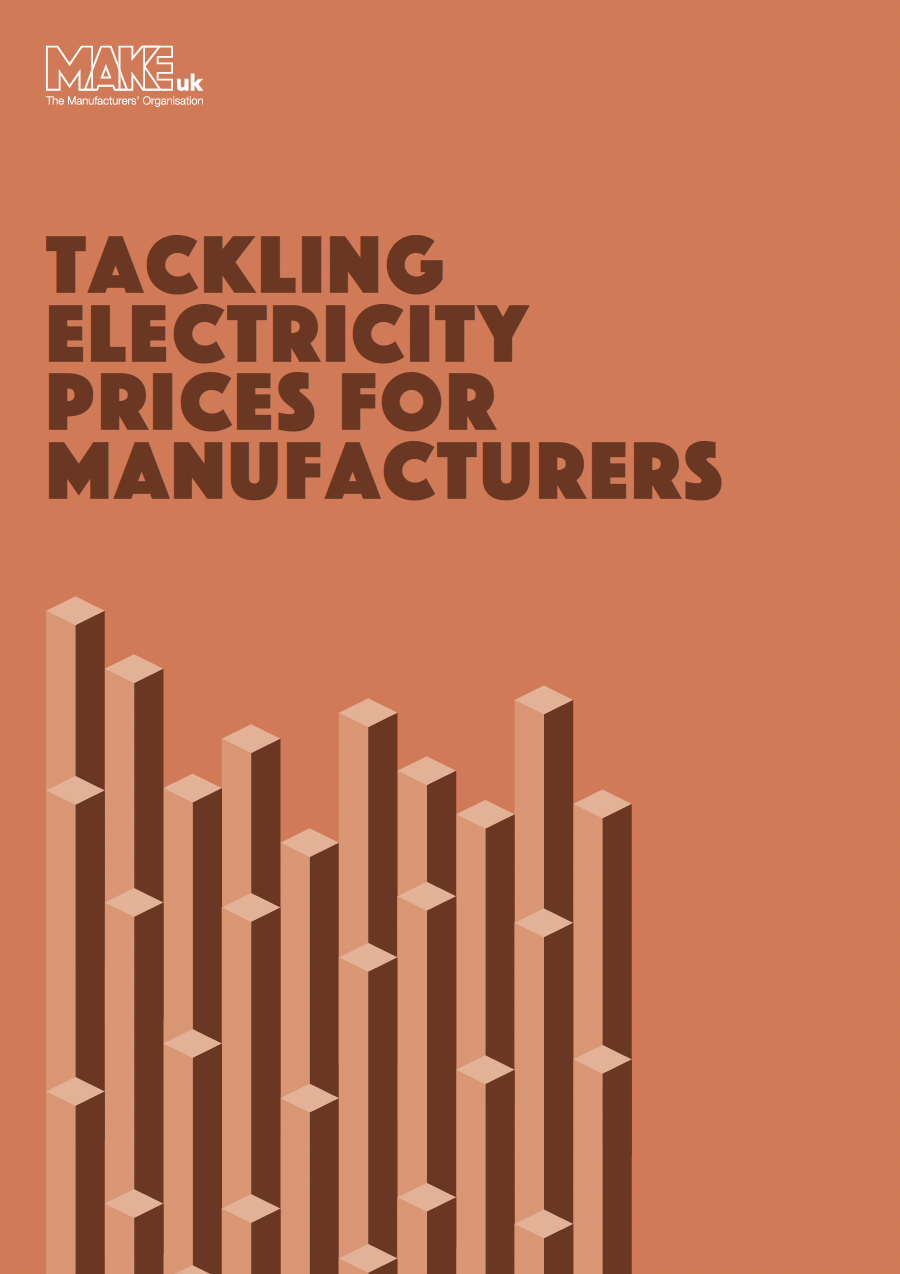3 minute read - 3rd June 2025
Tackling high energy costs must be addressed by upcoming Industrial Strategy says Make UK
Make UK is calling on the government to commit to cutting industrial energy costs as part of its long-awaited Industrial Strategy, allowing manufacturing to grow to its full potential and avoid a looming period of de-industrialisation.
Make UK says it has made it clear that an ambitious and effective industrial strategy is not optional, but essential to ensuring the UK remains competitive, secure, and economically productive in the coming years. For that strategy to make the impact manufacturers across Britain desperately need, the manufacturing trade body adds that it must address the energy crisis that leaves firms at a massive competitive disadvantage. With industrial energy prices four times those in the US and 46% above the global average, the government must act now.
A new report, Tackling Industrial Energy Costs, published by Make UK, sets out solutions which the government should place at the heart of the strategy, which are both deliverable and costed. In particular, it urges government to reform the complex and unfair policy levies that make low-carbon energy more expensive than fossil fuels.

Make UK says that the upcoming Industrial Strategy will be fatally flawed unless sky-high energy costs are tackled / Picture: Getty/iStock
These costly policy levies are currently applied only to UK industrial bills and not across the rest of Europe. Making this change would cut energy costs by 15% immediately. If coupled with an agreed fixed energy price for Britain’s manufacturers, the resulting cost reduction would be significant. Both sides would take risk here. Government would pay manufacturers the difference if the cost of energy went above the agreed “strike” price, with manufacturers paying government if the cost of energy fell below the agreed fixed rate.
Make UK recommends that the electricity price is set at £56/MWH, which equates to a 10% reduction in retail prices paid by manufacturers. When the savings are added to those gained by removing the policy levies from bills, UK manufacturers would be on a par with European industrial energy bills.
Stephen Phipson, CEO of Make UK, said: “If we do not address the issue of high industrial energy costs in the UK as a priority, we risk the security of our country. We will fail to attract investment in the manufacturing sector and will rapidly enter a phase of renewed de-industrialisation. UK manufacturers have faced energy prices far above those of European competitors for many years, undermining their ability to invest, grow, and compete globally. More inaction risks compounding this disadvantage and forcing the government to make difficult choices over costly bailouts or managed decline of the UK manufacturing sector. Today, we have set out a clear package of deliverable, sensible, and popular policies to tackle this issue with the urgency it requires.”
Alan Johnson, senior vice president for manufacturing, supply chain and purchasing for AMIEO at Nissan, said: “The Nissan Sunderland manufacturing plant has the highest energy costs of all Nissan plants across the globe. The proposals being put forward by Make UK – under the umbrella of a new Industrial Strategy – would send a strong message to investors that the UK remains committed to creating a more competitive environment for electric vehicle manufacturing.”
